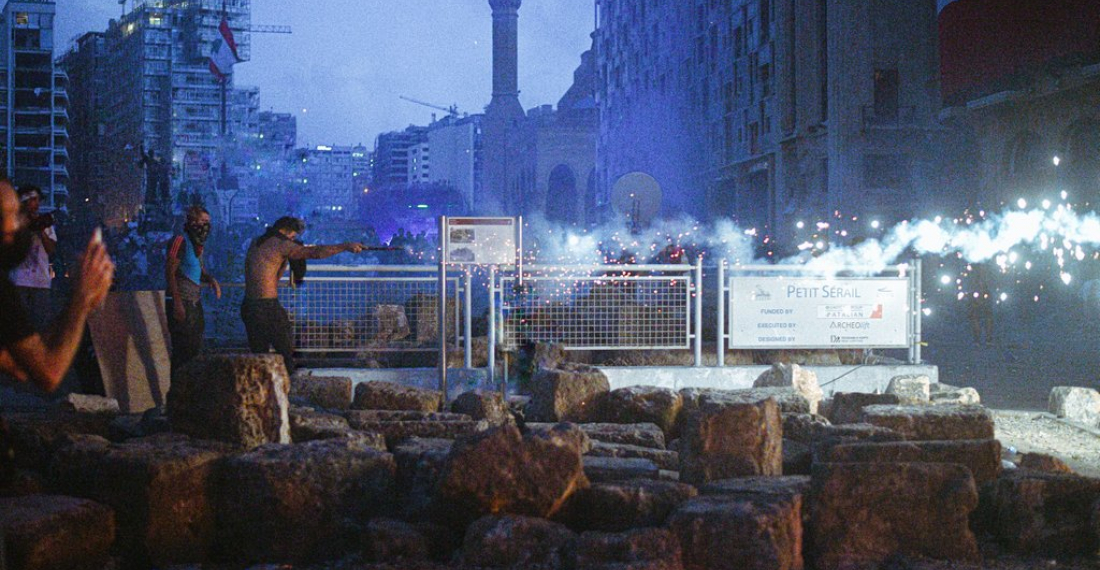The last week has seen an increase in tension in Lebanon with hundreds of protestors blocking major roads in the capital, Beirut, and other parts of the country. The demonstrations condemned the ongoing economic crisis and record-low currency exchange rates.
A week ago, the dollar price reached the equivalent of 10,000 Lebanese Lira. The current figure represents a loss of about 80 percent since 2019. The Lebanese economic crisis has driven many to poverty, wiped out jobs and slashed consumer purchasing power.
Protesters used burning tyres, rubbish bins and cars to shut down the main highways leading in and out of Beirut, as well as key roads in the Beqaa region and in the south and north Lebanon.
Lebanon's president, Michel Aoun, ordered the army to open the blocked roads, but the army has so far not interfered. The army chief said that the military is supportive of freedom of expression, but would act against any acts of vandalism.
“The latest developments have dangerous repercussions on social and national security, and require swift and decisive financial, judicial and security measures to prosecute those manipulating the livelihood of the Lebanese," Aoun said.
All political factions were criticised in the protests. One demonstrator said he is protesting against widespread corruption that has plagued the country since the end of the civil war in 1990.
Negotiations have failed to result in the formation of a new government, and the caretaker prime minister, Hassan Diab, in an attempt to pressure politicians to form a new government, has said that the caretaker government may stop doing its work altogether. Without a new cabinet, the country cannot proceed with implementing much-needed reforms.






